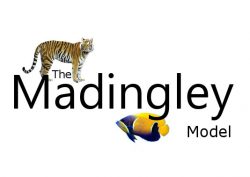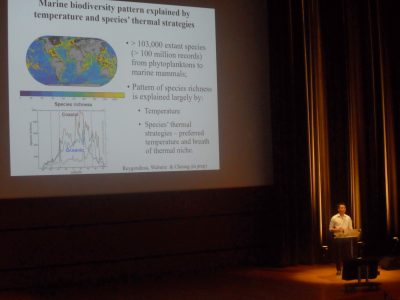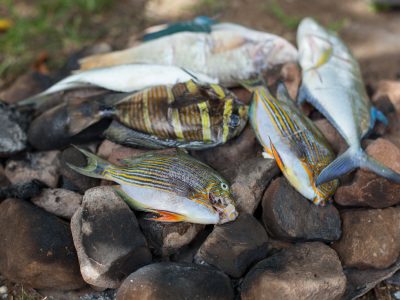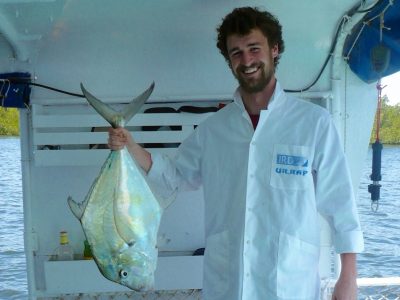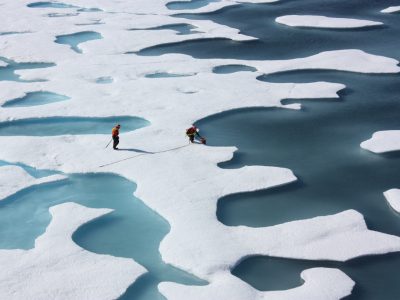The Madingley model and questions of abstraction and scale
Madingley is a global computational model. To a broad approximation, the Madingley model represents all (most) forms of life. It achieves this by using what’s called a functional-type representation. Species are aggregated in to broad categories that describe a select number of their properties, rather than everything about them. For some, this conceptual leap is too much. Why take a step towards representing all life, but miss the explicit inclusion of species? The answer lies in making the best of human knowledge, and balancing computational expense.



